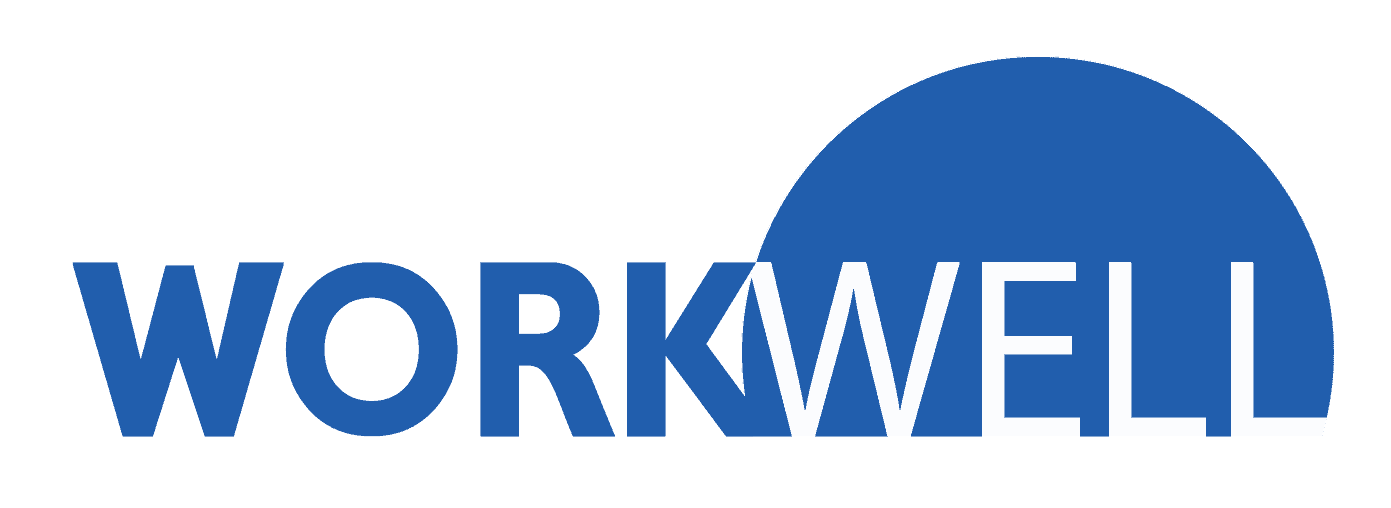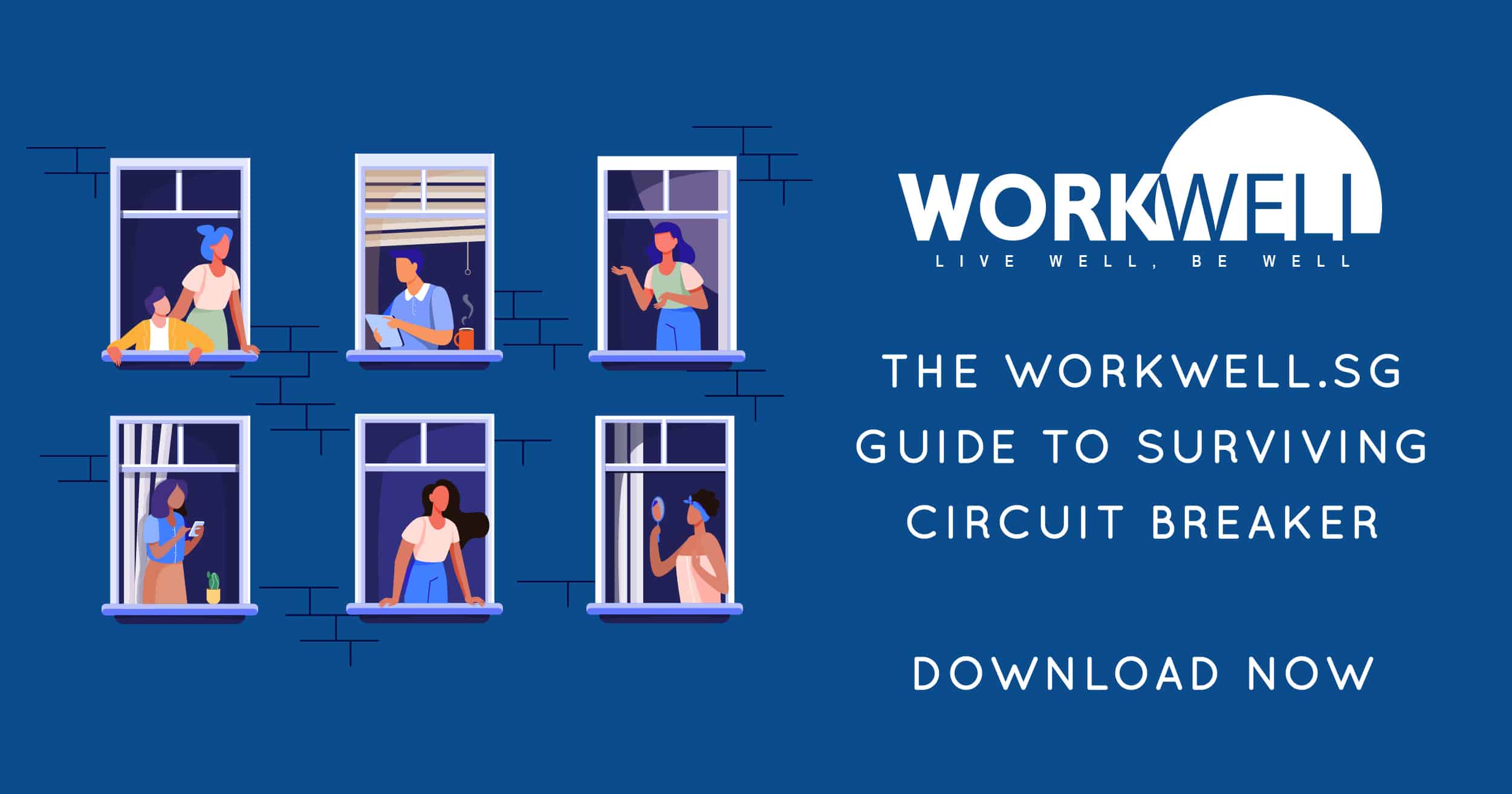The Ultimate Guide to Renting vs. Buying a Property in Singapore

When finding a place to call home in Singapore, one of your key decisions is whether to rent or buy a property. Both options have advantages and considerations, and making the right choice requires careful evaluation of your circumstances and long-term goals. This guide will provide an in-depth analysis of renting and buying properties in Singapore, enabling you to make an informed decision.
Financial Considerations:
a) Affordability: Assess your financial situation, including income, savings, and debts. Determine if you can afford the down payment and monthly mortgage payments required for buying a property.
b) Cost of Renting: Evaluate the current rental prices in your desired location and compare them to the potential mortgage costs. Consider other expenses like security deposits, agent fees, and utilities.
c) Long-Term Investment: Property ownership in Singapore can be a solid long-term investment. Property prices have historically shown appreciation, offering potential capital gains in the future.
Flexibility and Mobility:
a) Lifestyle: Consider your lifestyle and future plans. Renting provides greater flexibility, allowing you to move more efficiently if circumstances change. On the other hand, buying a property provides stability and a sense of ownership.
b) Work Commitments: If your job requires frequent relocations or plan to move internationally soon, renting might be a better choice to avoid the hassle of selling or renting out your property.
Property Market Dynamics:
a) Property Prices: Research Singapore’s current property market trends and forecasts. Evaluate whether it is a buyer’s or a seller’s market. A buyer’s market may provide more options and bargaining power, while a seller’s market may increase prices.
b) Property Types: Determine the type of property that suits your needs, whether a condominium, Housing and Development Board (HDB) flat, or a landed property. Each option has pros and cons, including price, maintenance fees, and restrictions.
Government Regulations and Schemes:
a) Cooling Measures: Stay updated on government regulations and cooling measures to stabilise the property market. These measures can impact property prices and loan availability.
b) Grants and Assistance: Singapore offers various grants and schemes to support homebuyers, such as the Enhanced CPF Housing Grant and the Home Protection Scheme. Familiarize yourself with these programs to determine if you’re eligible and how they can benefit you.
Maintenance and Additional Costs:
a) Maintenance Responsibilities: Consider the additional costs and responsibilities of owning a property, such as maintenance fees, property taxes, and renovation expenses. Renting typically shifts these responsibilities to the landlord.
b) Amenities and Facilities: Evaluate the amenities and facilities available in rented and owned properties. Consider factors like security, swimming pools, gyms, and common areas, as these can vary based on the property type and location.
Conclusion:
Deciding between renting and buying a property in Singapore requires careful consideration of your financial situation, lifestyle, property market dynamics, and government regulations. There is no one-size-fits-all answer, as each individual’s circumstances are unique. By analyzing these factors and weighing the pros and cons, you can make an informed decision that aligns with your long-term goals and preferences. Remember, whether you choose to rent or buy, Singapore offers a range of options to cater to different needs and budgets.
Subscribe to our mailing list for the latest updates and learn more about our 2023 programs!

